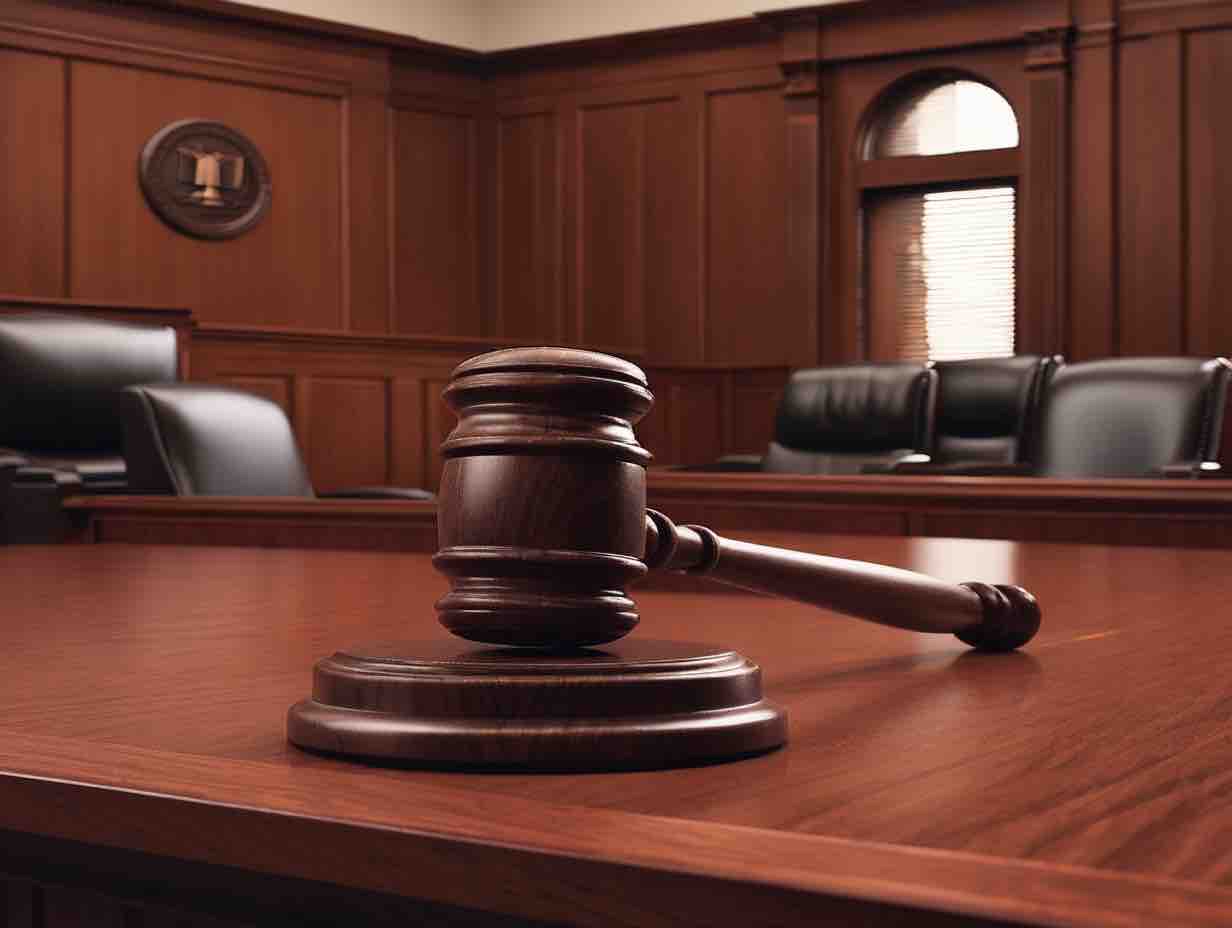In a significant move towards establishing a comprehensive regulatory framework for digital assets, two key House committees led by Republican chairmen have unveiled a draft bill. The proposed legislation, spearheaded by House Financial Services Committee Chairman Patrick McHenry and House Agriculture Committee Chairman Glenn Thompson, aims to provide a pathway for digital assets that initially qualify as securities to eventually be regulated as commodities.
While the draft bill is seen as a starting point for bipartisan discussions, it highlights Republicans’ stance on the regulation of digital assets after months of calling for a comprehensive framework. However, achieving the necessary agreement from Democrats in Congress to pass the bill into law is likely to be an uphill battle.
Defining Regulatory Oversight Based on Token Classification and Network Decentralization
Under the draft bill, digital tokens offered as part of an investment contract would fall under the purview of the Securities and Exchange Commission (SEC). On the other hand, tokens qualifying as commodities would be overseen by the Commodity Futures Trading Commission (CFTC). The classification of an asset as a commodity would primarily depend on the decentralization of the blockchain network supporting it.
To be considered decentralized, a network must meet specific requirements, such as ensuring that no individual has unilateral authority to control or significantly alter the network’s function or operation. Additionally, no token issuer or affiliated person should own 20% or more of the digital asset units outstanding.
The draft bill introduces a mechanism where token issuers can certify to the SEC that their blockchain networks are suitably decentralized. However, the SEC retains the power to object to such certifications. The agency is granted a 30-day window to make a decision, with the option to seek a 90-day extension if required. These provisions reflect an attempt to strike a balance between regulating digital assets effectively and acknowledging the importance of decentralization in the blockchain ecosystem.
Divergent Views on Regulatory Necessity and the Call for Congressional Intervention
SEC Chair Gary Gensler has consistently maintained that the majority of digital assets are securities and that existing rules are sufficient. Gensler argues that the lack of compliance from trading platforms, rather than a lack of clarity, is the primary challenge. This viewpoint has garnered support from some Democrats in Congress. However, the cryptocurrency industry has pushed back against this perspective, asserting that current regulations are inadequate and opaque.
As a result, industry participants are urging Congress to step in and provide clear guidance and regulation. The draft bill put forward by Republican committee chairs attempts to bridge the gap between these diverging opinions. It seeks to offer guidance on platform registration with the SEC, CFTC, or both. Additionally, the bill mandates the two regulators to jointly issue rules on definitions and oversight of exchanges that register with both agencies.
Acknowledging the need for a transitional period during the rule-making process, the proposed legislation allows platforms to file provisional registration statements with the SEC or CFTC. Simultaneously, it calls for studies on non-fungible tokens (NFTs) and decentralized finance (DeFi), recognizing the need to understand and address the unique aspects and implications of these emerging areas.
Conclusion
The unveiling of the draft bill by House Republicans represents a significant development in the ongoing discussions surrounding the regulatory framework for digital assets. While it is likely to face challenges in garnering support from Democrats in Congress, the bill serves as an important starting point for bipartisan dialogue. By proposing a dual-track approach that considers the classification of digital assets and the decentralization of blockchain networks.





